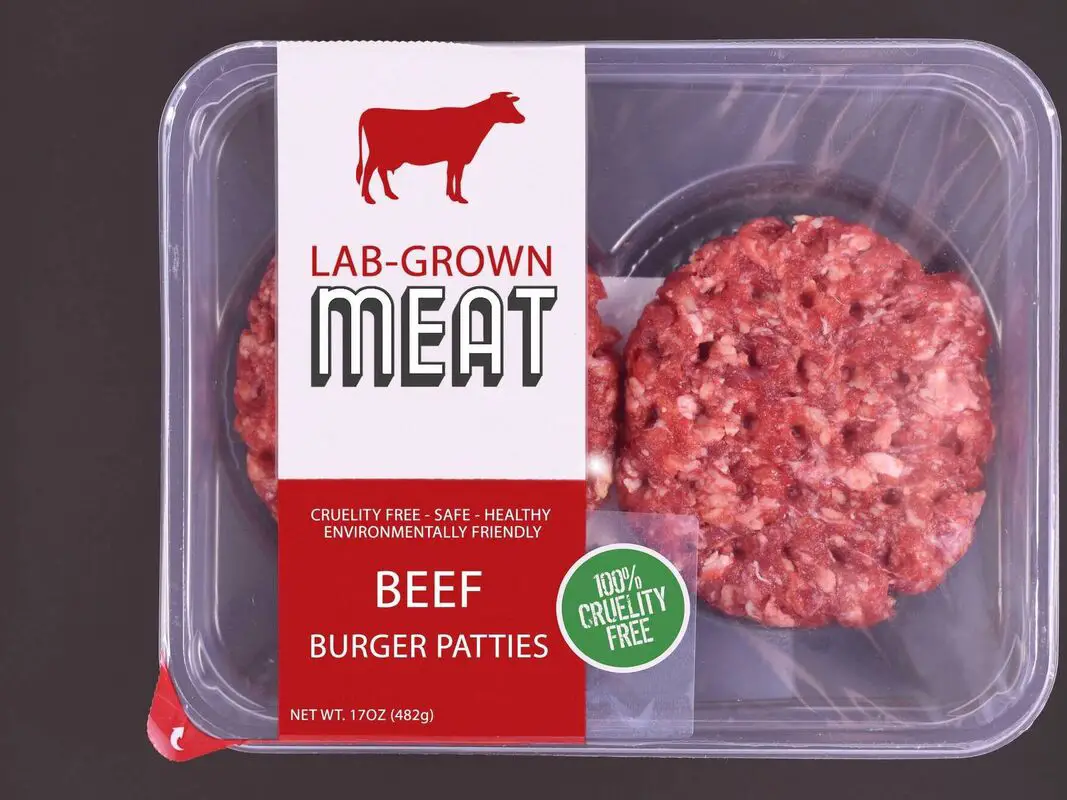Cows and Global Emissions
According to Bill Gates, the co-founder of Microsoft and a prominent voice in the fight against climate change, cows alone account for approximately 6% of global greenhouse gas emissions. This significant contribution to environmental pollution has raised concerns and prompted discussions about potential solutions.
Methane: A Potent Greenhouse Gas
Gates emphasizes that methane, a byproduct of cow digestion and a powerful greenhouse gas, is a major contributor to the climate crisis. Consequently, he advocates for a transition towards artificial meat, produced by companies in which he has invested, as a viable alternative to traditional livestock farming.
Artificial Meat: A Sustainable Solution?
"Cows alone account for about 6% of global emissions, and so we need to change cows."
— Wide Awake Media (@wideawake_media) April 9, 2024
According to Bill Gates, since cows emit methane, and methane is "a very powerful greenhouse gas", we need to make the switch to artificial meat, made by companies he has invested in. pic.twitter.com/wLwrZYMUtb
Proponents of artificial meat argue that it offers a more sustainable and environmentally friendly option compared to conventional meat production. By eliminating the need for large-scale livestock farming, artificial meat could potentially reduce greenhouse gas emissions, land and water usage, and other environmental impacts associated with traditional animal agriculture.
Skepticism and Concerns
However, the push for artificial meat has faced skepticism and concerns from various stakeholders. Critics question the long-term health implications of consuming lab-grown meat and express doubts about its ability to replicate the taste, texture, and nutritional value of natural meat.
Embracing a Balanced Approach
While the debate surrounding cows and artificial meat continues, many experts advocate for a balanced approach that addresses multiple facets of the climate crisis. This includes exploring sustainable livestock practices, promoting plant-based diets, reducing food waste, and investing in renewable energy sources to mitigate the overall carbon footprint of the food industry.

[…] Also Read: The Debate Over Cows and Artificial Meat: Addressing Climate Concerns […]